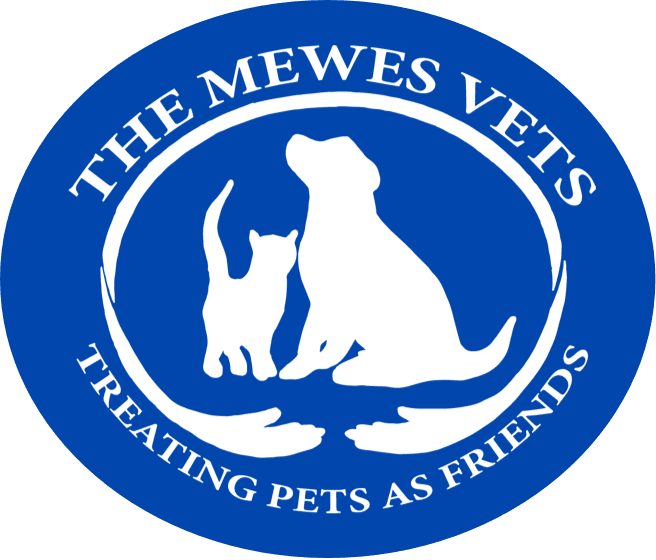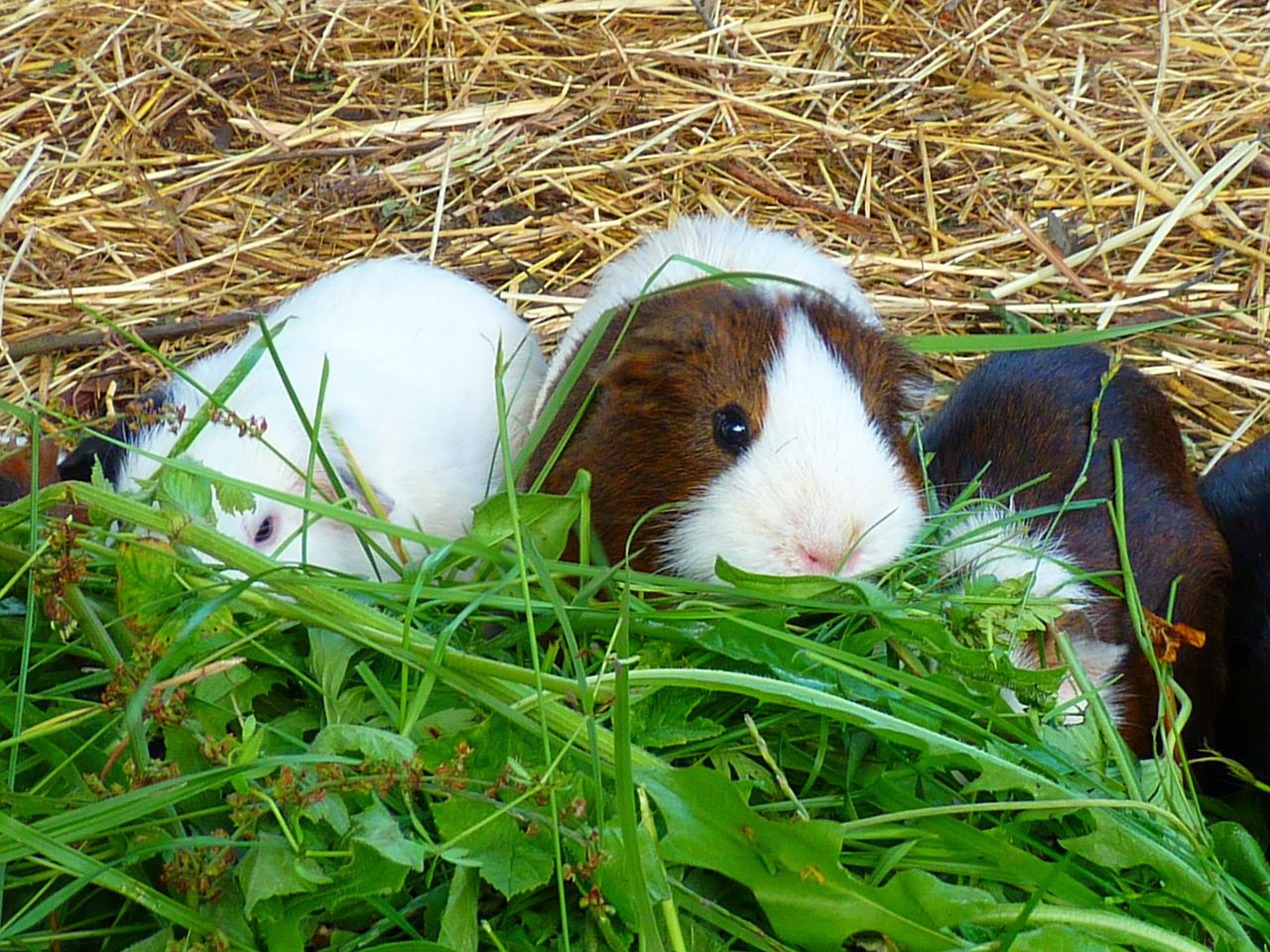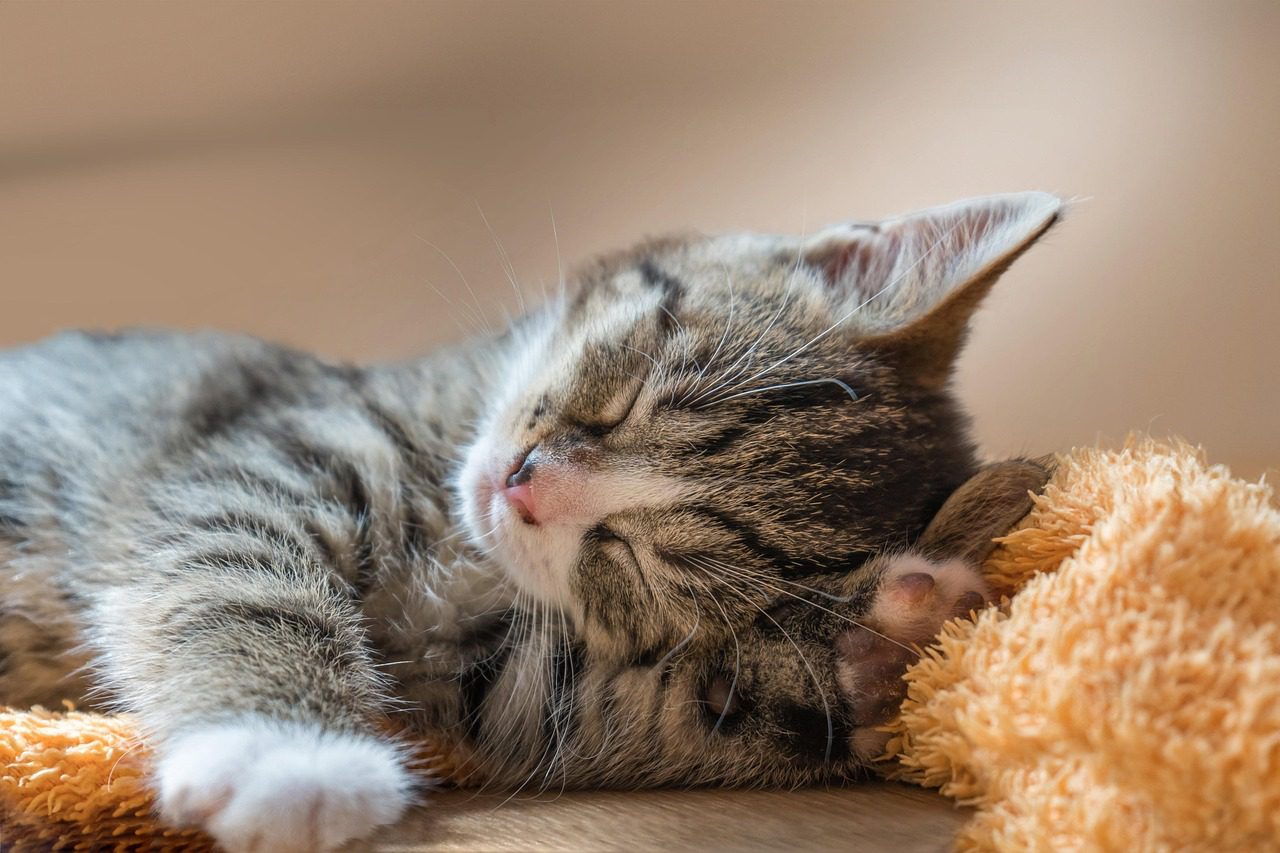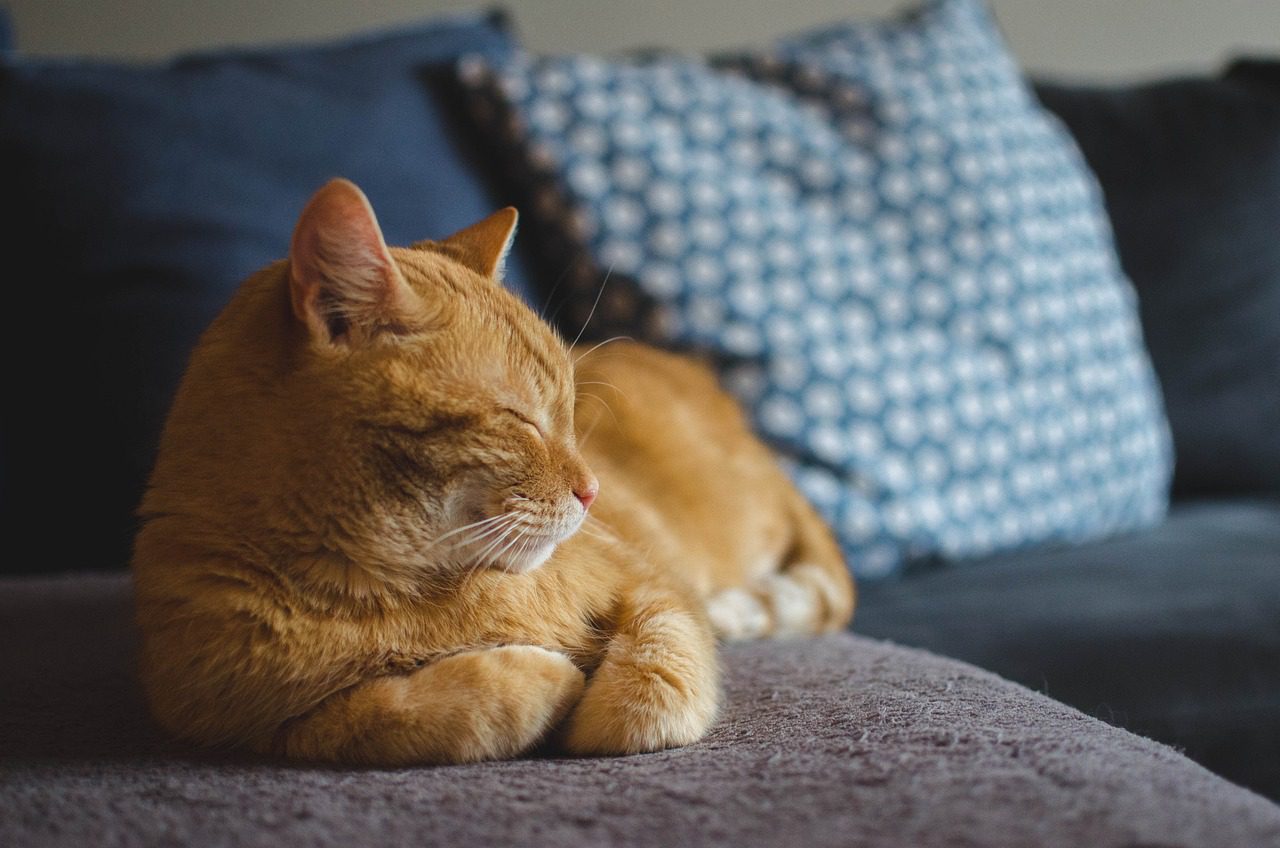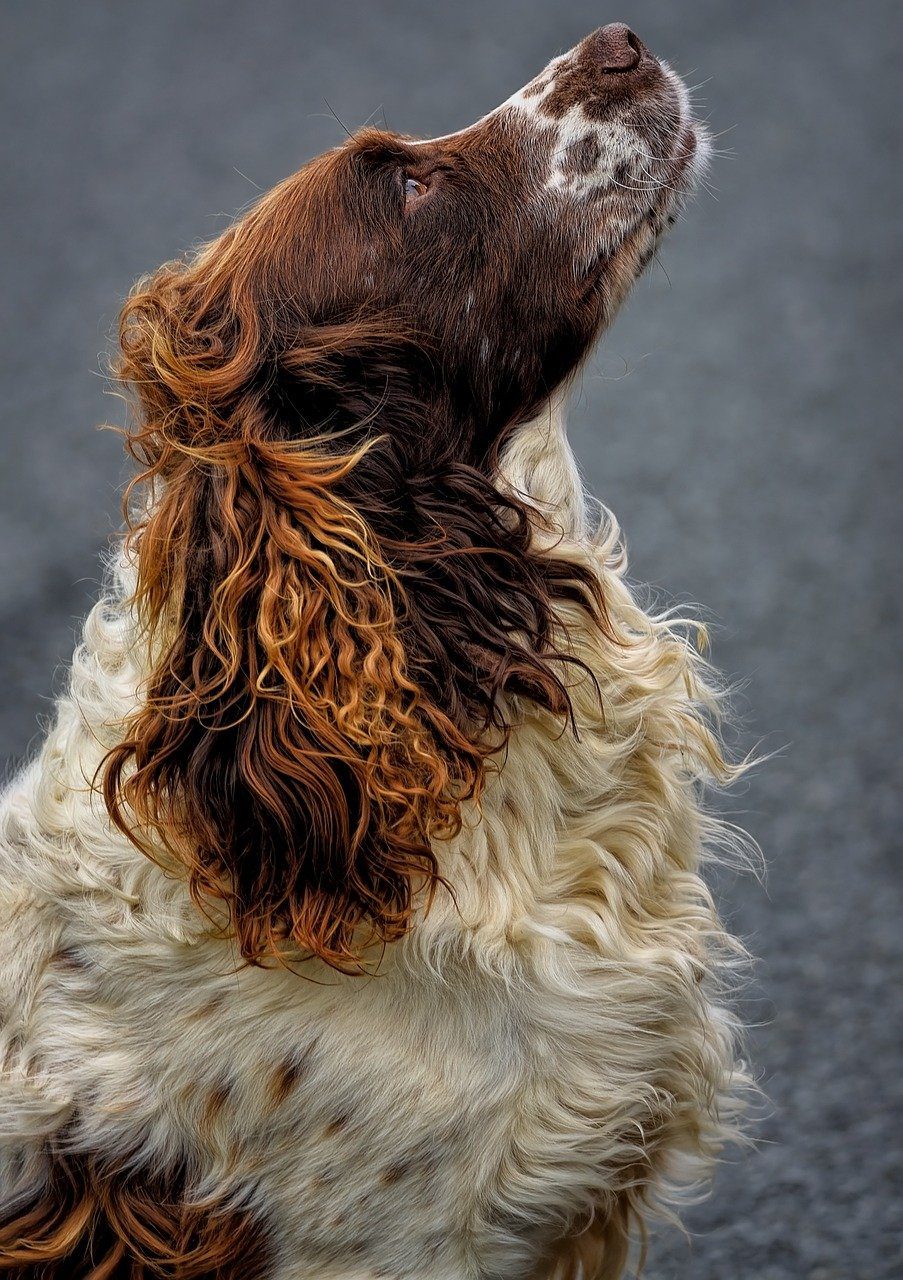This may seem an obvious statement, but from a medical perspective it’s very important.
One example of the differences between a rabbit and a guinea pig is in their dietary requirements
Rabbits can create their own vitamin C from a fairly rough diet. However, guinea pigs, like people, are unable to do this. They depend on a constant regular supply.
Guinea pigs also are rather poor at storing spare vitamin C. Whereas in days gone by it would take sailors months at sea to develop scurvy, guinea pigs can show symptoms much quicker, if they are deprived of an adequate amount in their food.
Sick guinea pigs also have a higher requirement for vitamin C every day, so that their illnesses can quickly become complicated by scurvy as well.
Symptoms of vitamin C deficiency or scurvy in guinea pigs include blood clotting problems, skin issues and aching joints. They become weak, and lack energy. They may walk stiffly, and a close inspection can reveal swollen joints. Their fur coat becomes rough, and their appetite drops, making things worse. They develop diarrhoea. Bruises may be visible on their skin, and internal bleeding occurs, which can lead to apparently sudden death.
Good sources of vitamin C for guinea pigs include dandelion greens, kale, spinach, tomatoes, bell peppers, broccoli, cabbage, and oranges, amongst other foods. It is essential that they have access to some of these every day. Using a vitamin C supplement in the water should not be considered a suitable alternative to a balanced diet specifically for this species.
This is one of the reasons why I do not recommend guinea pigs as a suitable companion to a rabbit. Both are social creatures and should have companions. But their dietary needs are so very different. It is hard to give a guinea pig access to enough vitamin C-rich fruit and veg, without allowing a rabbit to become overweight.
If you are worried about your guinea pigs’ diet, or other needs, do call us on 01444 456886, to arrange to speak to one of our friendly nurses, who will be delighted to support you and answer any questions that you may have.
